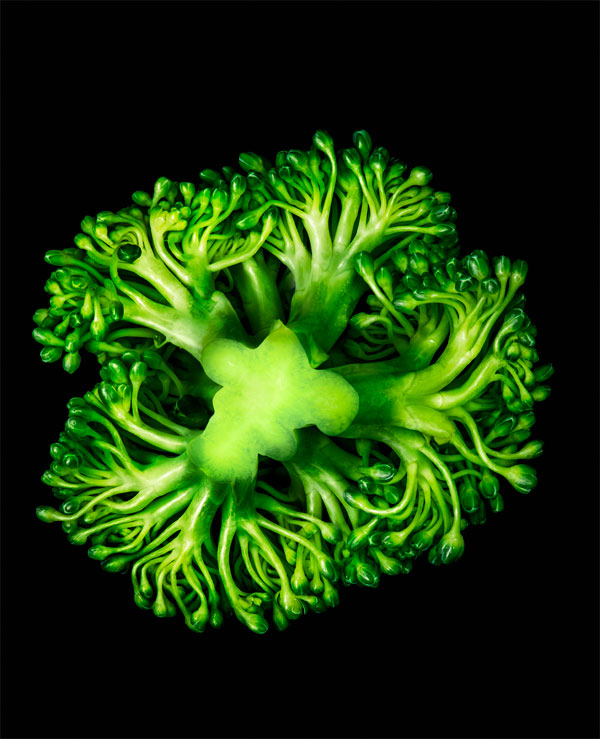Last week, Michelle Obama did an “ew!” skit on The Tonight Show Starring Jimmy Fallon, where she called potato chips “ew” and suggested kale chips as healthy alternatives due to being “high in omega 3 fatty acids”.
OK… But 1 serving of kale chips, depending on where you buy them or how you make them, can have up to 130 calories, 25% of your daily recommended sodium intake, and 13% of your daily recommended fat intake, and only about 5g of protein. And umm, ya, they are not filling.
Also last week, the government of Ontario introduced legislation that would require large chain restaurants to put calories on their menus and menu boards (http://www.cbc.ca/news/business/ontario-law-to-force-calorie-count-on-fast-food-menus-1.2549382), signalling caloric intake as an important determinant of healthy eating.
Furthermore, MyFitnessPal, one of the most commonly recommended apps by doctors, dieticians and other experts helps you count and budget calories. According to MyFitnessPal, my recommended daily caloric intake, given my age, height, and weight, and “sedentary” lifestyle (as I have an office job and only exercise 3-4 times a week!!!), is about 1200. I mean, I eat breakfast and already 500 is gone!
Then there is the work of Jonathan Bailor (http://thecaloriemythbook.com) through collaborations with “top scientists for over 10 years, analyzing over 1300 studies, and garnering endorsements by top doctors from Harvard Medical School, Johns Hopkins, Yale, and UCLA” , on “The Calorie Myth” where he rejects the “miserably incorrect “calories in, calories out” misconception, and shows us how to use the very same science to understand the real ways that the body responds to calories and physical activity”. Not without multiple product endorsements on the book’s website however, including T-Shirts. How those specific T-Shirts help you be healthy and lose weight I’m not quite sure of. To his credit, he does have endorsements of non-branded produce such as broccoli on his website also.
Then there is the recent emergence of “non-diet” crazes. “No, it’s not a diet, it’s a life style”, say the developers, marketers and endorsers of such “non-diets” as gluten-free, low-carb, high-protein, paleo-style, etc.
Then the organic preachers, who justify spending exponentially higher prices for food and produce to go organic. Last week, I boiled and taste tested organic free-run brown eggs and non-organic non-free-run white eggs. According to my taste buds, they were identical. But the former cost at least 1.5 times more than the latter. I’m also still trying to figure out how eggs can be free-run. I mean I didn’t think eggs had legs to run.
My CrossFit and Pilates studios hold nutrition workshops on a regular basis, when they try to tell me what I should or should not eat, what supplements I should take in the morning, at night, before working out, after working out, and when I’m feeling sick. When I ask them for scientific evidence, they can’t show me. When I tell them, I can’t afford it, they say, it’s your body, you need to take care of it, or just buy this product not the whole thing, etc. No offence to my instructors or studios by the way. I really do love them and highly recommend them.
Then there is the whole notion of pharmacogenetics which refers to “genetic differences in metabolic pathways which can affect individual responses to drugs, both in terms of therapeutic effect as well as adverse effects”, which in his book, The Creative Destruction of Medicine, Eric Topol talks extensively about. I imagine we can extrapolate this concept to foods and differences in how we metabolize them depending on our DNA. So Kale, might have a very different effect on you than me.
Joel Stein’s Awesome Column on “DNA of Champions” in last week’s Time magazine (http://content.time.com/time/magazine/article/0,9171,2165473,00.html) talked about genes that predict athleticism, such as AcTN3, which helps to generate speed on the track, the INSIG2, which helps make strength training effective, and DRD2, which helps with responding positively to rewards and learning from mistakes. In absence of a genetic test, I think I probably do not have AcTN3 or INSIG2 but likely do have DRD2: I remember my trainer telling me a few years ago, when I had put on only 2 pounds of muscle after a 3-month strict workout and high-protein diet regiment, that I would probably never have the muscular arms I have always fantasized about. Ouch!!!
On the exercise front, there are the advocates of high-intensity workouts such as CrossFit (which I do and love but have doubts about, http://content.time.com/time/magazine/article/0,9171,2162262,00.html). There’s the “scientific” 7-minute workout. Then there are daily activity trackers that simply encourage being more active throughout the day.
There are also the hot ladies of ToneItUp, who while inspiring and fun, develop and promote daily workout plans and sell a nutrition plan that would require me to quit work and spend my days in the kitchen cooking and preparing healthy meals.
Don’t even get me started on extended advertising programs such as The Dr. Oz Show and their marketing of various products and procedures (e.g. the Zerona procedure, for which I still cannot find any independent expert reviews).
You see why I feel so confused?
I am drowning in data but starving for meaningful and applicable information to live a long healthy life and have a rocking body.
I am hence pleading, for scientists of the world, to unite, without any affiliations to moneymaking machines of food, beverage, diet and supplement industries to please tell me how I should go about living healthy and looking great in a way that I can afford financially and time-wise.
